Chronos, Kairos and Aion are the three deities of time, events and epic destinies. Here is the multi-religious and multicultural calendar!
Find us on our website Mythology and Legend, on Facebook and on instagram !

The schedule in brief from D-2 to D+5
- July 13, 2025, Everyday: Shichigatsu bon
- July 14, 2025, : Tlaxochimaco
- July 15, 2025, : Vladimir the Great
- July 17, 2025, : Ognyena Maria
- July 19, 2025, Daily: Dehwa Rabba
The complete interactive calendar
Holidays of the month
July 4, 2025 (1 event)
–
July 4, 2025
On this day, the Aztecs began the month of Huey Tecuilhuitl in honor of the Great Lords Xilonen and Cihuacoatl (of mothers and fertility). Xilonen was the goddess of seven serpents, nurturing mother, agriculture, corn and women. During the festival, her priestesses designate the seed corn to be planted in the coming season. To appease the deity, as well as to ask for a good harvest, priests often engaged in child sacrifice. #mythology #myth #legend #calendar #2August #HueyTecuilhuitl #Xilonen #Aztec
July 6, 2025 (2 events)
July 6, 2025

Today, the Czech people commemorate the burning of Jan Hus. The Czechs made him a national hero, an allegory of their fight against Catholic, imperial and German oppression. He is at the origin of the Czech alphabet, the Hussite Church and probably a precursor of Protestantism. #mythology #myth #legend #calendar #6July #janhus
July 6, 2025

Today, the Slavs celebrate Kupala night. This ancestral festival is today replaced by Saint John's Day. This festival celebrates fire, water, the Sun and Moon, the harvest, fertility, joy and love. Its origin is linked to the cult of Kupala. #mythology #myth #legend #calendar #June 23 #July 6 #kupala
July 9, 2025 (2 events)
July 9, 2025

Today, the different tribes of northern Canada in Nunavut celebrate their national day. It is an opportunity to show their culture and to compete in traditional games between tribes. #mythology #myth #legend #calendar #9July #nunavut
–
July 9, 2025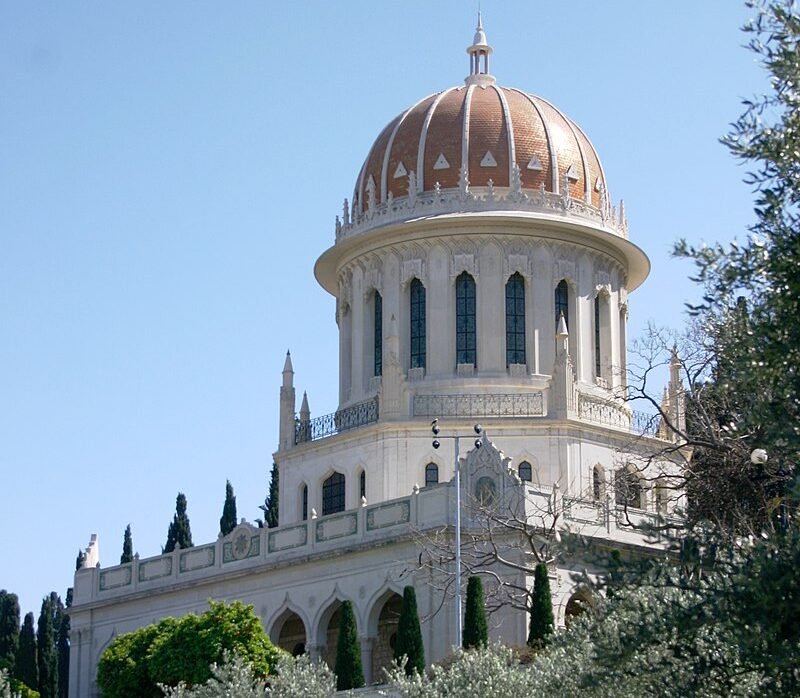
Today, Bahá'ís commemorate the martyrdom of the Báb. On the morning of July 9, 1850 in Tabriz, a 30-year-old Persian merchant known as Báb was accused of apostasy and shot on the orders of the Prime Minister of the Persian Empire. #mythology #myth #legend #calendar #9July #Bahai #Bab
July 13, 2025 (1 event)
–
July 13, 2025
Today, Japanese Buddhists celebrate Shichigatsu bon, the first of the O Bon festivals of the year (Hachigatsu bon in August, Kyu Bon in the 7th lunar month). This holiday originates from the Chinese Ghost Festival, and there are writings dating back over 500 years about how it takes place. Over the years, this religious festival has evolved into a family reunion during which people from big cities return to their hometowns and tend to the graves of their ancestors. A dance festival, Bon odori or “Bon dance”, is traditionally given during these three days. #mythology #myth #legend #calendar #OGood #BonOdori #Japan #July 13 #August 13
July 14, 2025 (1 event)
–
July 14, 2025
On this day, the Aztecs celebrated the beginning of the month of Tlaxochimaco in honor of Huitzilopochtli the god of war. This festival signifies the outpouring or the birth of flowers. Major god of Aztec mythology, many sacrifices are made throughout the year, punctuating life in the capital Tenochtitlan. #mythology #myth #legend #calendar #August 20 #Tlaxochimaco #Huitzilopochtli
July 15, 2025 (1 event)
July 15, 2025
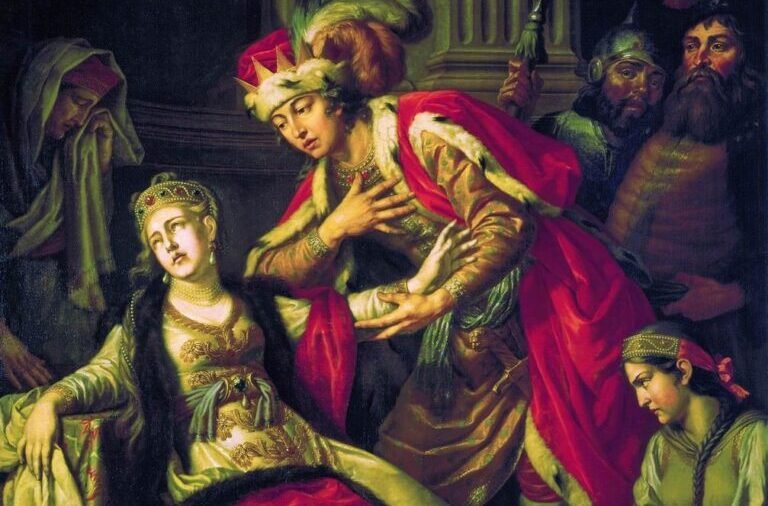
Today, the Northern Slavs (kyiv Rus) commemorate the death of Vladimir known as the Beautiful Sun or Vladimir the Great. It was baptized following an alliance with the Byzantine Empire and helping to Christianize northeastern Europe. #mythology #myth #legend #calendar #saintvladimir #July 15
July 17, 2025 (1 event)
July 17, 2025
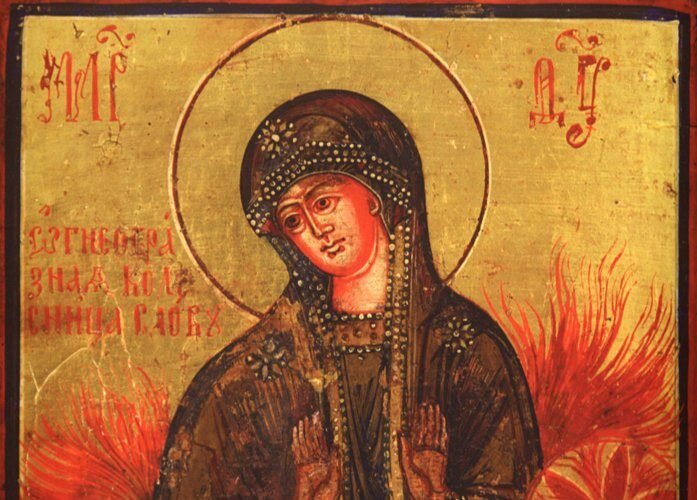
Today, Slavic peoples celebrate Ognyena Maria, fiery Mary. Sister of the thunder god Perun, she is the amalgam of Margaret the Virgin, the Virgin Mary, both sisters of Saint Elias. She is often also associated with Lazarus, the rain and the sea.
July 19, 2025 (1 event)
–
July 19, 2025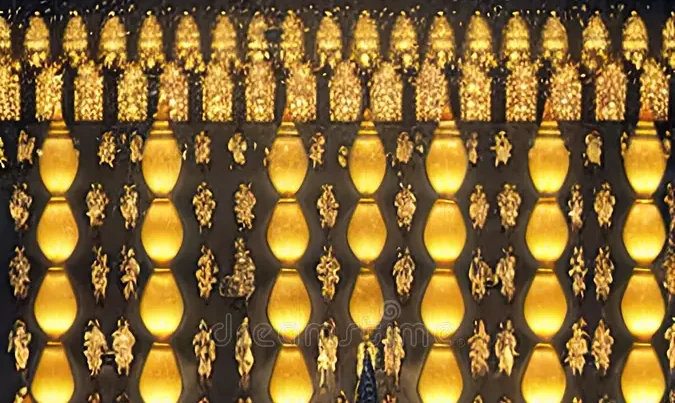
Today, the Mandaeans celebrate Dehwa Rabba, the new year. The day before Kanshī u-Zahli takes place, Mandaean priests spend the whole day performing prayers and masbuta until the afternoon, and animals are also slaughtered for consumption. Before sunset, Mandaeans prepare food for the day after Dehwa Rabba and also perform ṭmasha, or ritual immersion in water which does not require the assistance of a priest. #mythology #myth #legend #calendar #July 19 #Mandaean #DehwaRabba
July 20, 2025 (2 events)
July 20, 2025
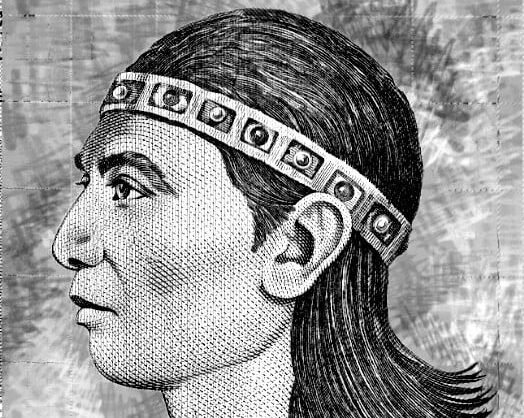
Today, Honduras commemorates Lempira, the last leader of the Lenca people. Lempira symbolizes Native American resistance against the Spanish conquest in Honduras. The national currency, the lempira, bears his name. #mythology #myth #legend #calendar #July 20 #honduras #lenca #lempira
July 20, 2025
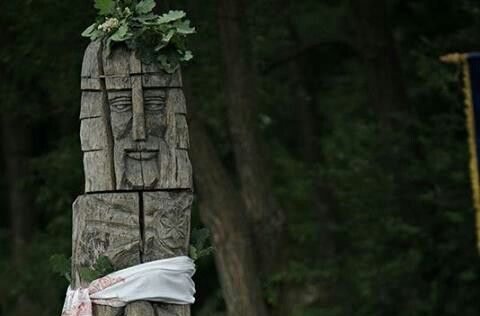
On this day, the Slavs celebrated Perun, the supreme god. The cult of Perun was probably replaced by the cult of the prophet Elijah among the Kyiv boyars in the process of Christianization of Rus. #mythology #myth #legend #calendar #July 20 #perun
July 26, 2025 (1 event)
–
July 26, 2025
On this day, the Mayans celebrated the new year (according to the Haab solar calendar). This marks the beginning of a new cycle and a new "personality" or essence for the coming year, signaled by its own sign or glyph such as Seed, Monkey, Storm, etc. However, the timeless day of July 25 is perhaps more important to the Mayans than July 26, in that it is a day to give thanks and reflect on what has been accomplished and what lessons are to be learned. #mythology #myth #legend #calendar #July 26 #New YearMaya
Multicultural and multi-religious almanac
An almanac is a calendar showing the main dates of the calendar, the religious holidays, bearing ephemerides such as the phases of the moon or the duration of the days (lunar and solar calendars).
A calendar is a system for marking dates according to time. Such a system was invented by men to divide and organize time over long periods. The observation of the periodic phenomena of the environment in which they lived — such as the daily movement of the shadow, the return of the seasons or the lunar cycle — served as the first references for organizing the agricultural, social and religious life of societies.
The calendar used today in most of the world is the Gregorian calendar. In everyday language, an ephemeris designates what happens daily; the ephemeris of the day is the list of the significant events of this day.